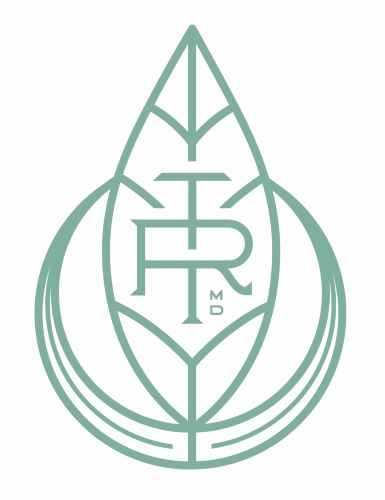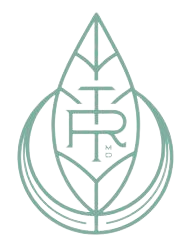Around 5 pm that day after 4 different brain scans (CT, MRI, MRA with and without contrast), discussion with a neurologist (pre-imaging), and then an ultrasound of my heart I was anxiously awaiting diagnoses when I saw a “new medication” alert pop up on my patient TV screen.
I’d never seen this feature before so I used the fisher-price-looking remote to navigate to my medication list. There they were: Atorvastatin and Lovenox. I had not yet been given my results of the scans that knew these two medications were used on a regular basis for the prevention of another, more serious stroke right after the initial one. My heart sank but my mind kept wondering if perhaps this was a mistake? Were these medications just put there “just in case” it was a stroke but we didn’t know yet? I had seen my labwork and knew my cholesterol was pristine so the Atorvastatin wasn’t simply for cholesterol control.
Just as all that was going through my head the hospital’s doctor comes in. He confirms it.
I had a 4 mm stroke in my L frontal cortex and a mildly enlarged right ventricle (one of the chambers of my heart) along with a mystery elevation of my liver enzymes.
I could only process one thing at a time because I couldn’t get past the word “stroke”. I burst into tears just baffled and speechless. From what I know as a doctor this should not be happening to me. I’m too young and healthy; not even on birth control or anything that would increase my risk. I exercise regularly, eat very healthy (most of the time…. I am human after all), and don’t smoke etc.
The nurse and doctor were extremely compassionate and answered all my questions. They ordered more blood tests, another heart ultrasound that would require sedation, and an abdominal ultrasound for the next day. Then there I was, left to call and tell my family.
I called my dad first and cried as I explained the diagnosis and the workup so far. Then on to my mom; as I told her a stroke was confirmed I felt her heart drop and her choke up so much so that it almost seemed as if I was the one hearing the news again for the first time. They agreed to fill in the rest of the family as I needed some time to process it all myself (and I have a GIANT family…in the best possible way).
I sat and stared at the wall. I thought about distracting myself but knew it wouldn’t get me anywhere. I needed to feel this and so I did for a few hours. Some tears, some shock, some appreciation for what could have been but was not. My speech was back and I was strong enough to hold things in my right hand again. I drifted off to sleep but had the cutest elderly roommate with delirium whose attempts to leave her bed would alert staff to rush in with alarms that sounded like a missile launch. At least, that’s what they sounded like to me. I was just grateful that during a pandemic I had a room at the hospital.
Then came the biggest realization of the fragility of life. The patient in the room next door was a code blue, meaning their heart had stopped/they stopped breathing. That they had, essentially just died.
I listened to the staff rush over and start CPR. I ran the algorithm through my head of meds to give and when to check the pulse or shock the patient from my years as a rural ER doctor on Native American reservations. At first, it felt oddly comforting, I was still “in control” in a way that I knew what came next in the care.
Then it struck me. Am I the next one to suddenly die? I never imagined I would be having a stroke at this age, why is sudden death not on the table too?
I overheard them calling the family to notify them that it was time to let go of the patient as they could not revive them after a lengthy attempt. Too long leaves them brain-dead and so, therefore no reason to continue after a certain length of CPR.
I have made that call more times than I can count and it never gets easier. This time I couldn’t help but wonder: Will the next person to update my family on my health status be a staff member because I cannot talk? I knew that early on after a stroke is a critical time because you are most likely to re-stroke with even worse outcomes so I was far from out of the woods. Additionally, with not knowing what caused the stroke we couldn’t target the prevention and therefore perhaps were missing what it is we were supposed to be doing.
I suddenly felt as if someone was there, next to me saying “keep breathing, Rachel, keep breathing” and peace again returned in my body. I was pushing myself to my limits of trust in the unknown but was forced to say “whatever happens is out of my control” and truly accept it this time. I had to let go or the stress of worrying may be a risk factor enough to cause the stroke again. Deep breath, oxygen, the most potent medication of all returned my body to the meditative states I so desperately needed to be rest for all the testing to come the following day.


